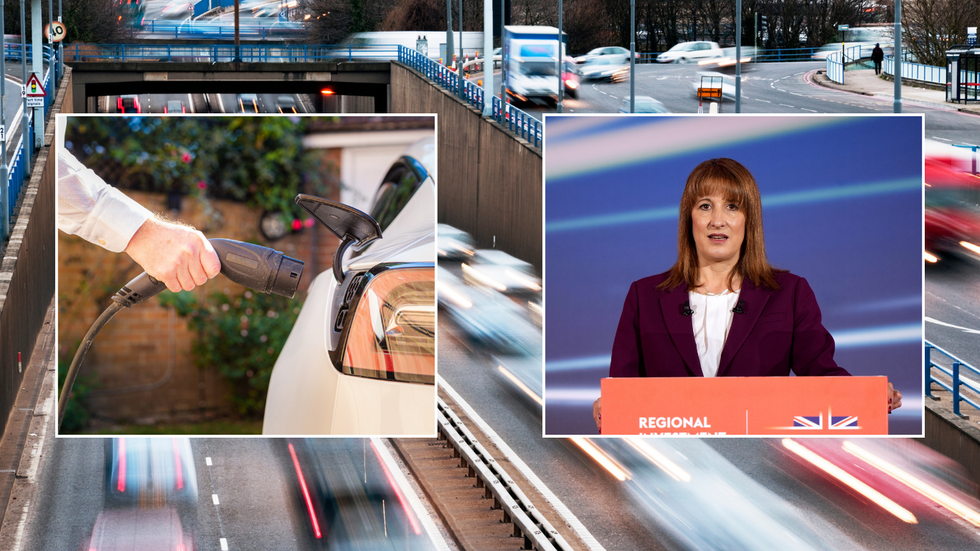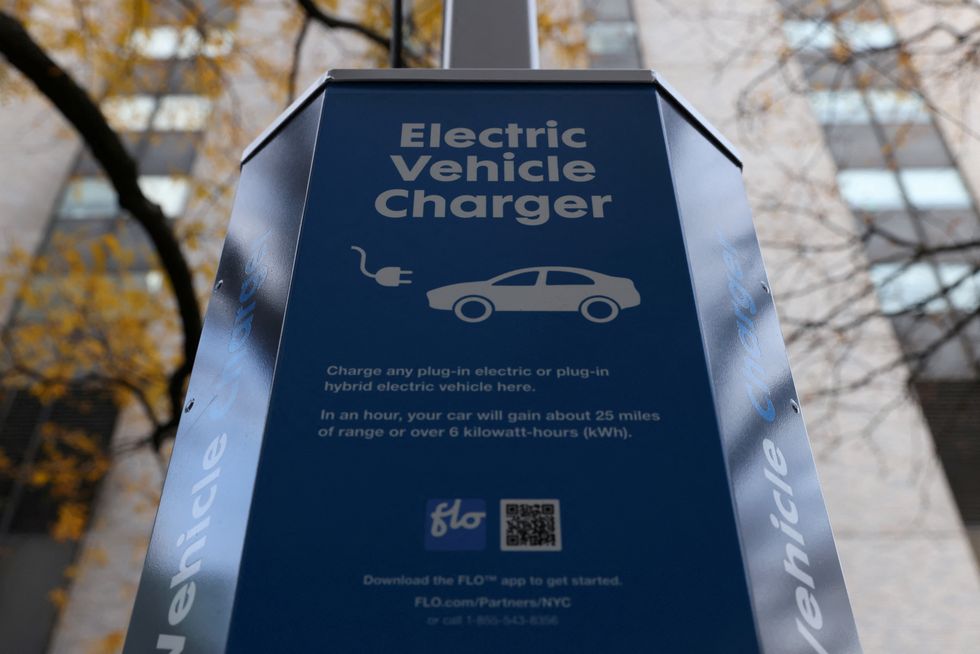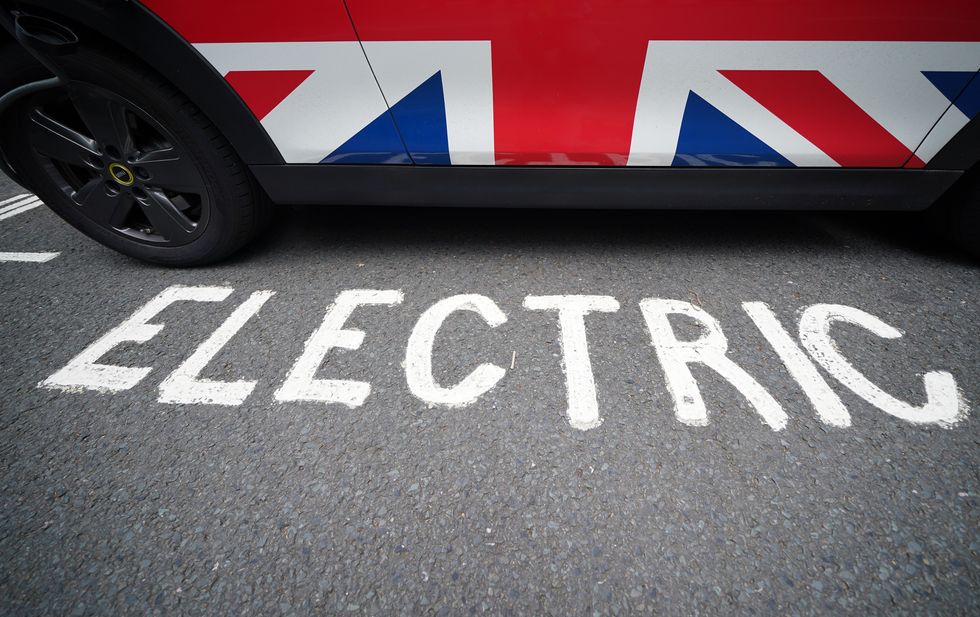Chancellor Rachel Reeves has faced growing pressure to introduce significant car tax reforms at the upcoming Autumn Budget in a desperate bid to help drivers purchase electric vehicles.
It comes after fresh research exposed major obstacles preventing widespread electric car adoption across the UK, with drivers refusing to give up their petrol and diesel cars.
The comprehensive study uncovered a widening gap between drivers who can charge vehicles at home and those dependent on public infrastructure, prompting calls for urgent Government intervention.
The Electric Vehicle Association England (EVA) warned that without immediate action on pricing disparities and infrastructure accessibility, millions of households risk being excluded from the transition to zero emission transport.
Industry leaders have argued that targeted fiscal measures at the Autumn Budget could accelerate uptake while addressing growing concerns about fairness in the shift away from petrol and diesel vehicles.
The research discovered that motorists with private driveways experienced vastly different financial benefits compared to those without home charging access.
Among the 1,279 electric vehicle owners surveyed, 87 per cent of those with driveways reported their cars were “much cheaper” to operate than traditional petrol or diesel models.
But this figure plummeted to just 50 per cent for motorists lacking off-street parking, highlighting what the association describes as a “charging divide” threatening equitable transport transformation.

The Chancellor has been urged to remove several car taxes, which could hinder EV progression
|
PA/GETTY
The disparity becomes more apparent considering that approximately 40 per cent of UK households cannot access private parking spaces, potentially affecting between 7.4 and 9.9 million homes.
The survey revealed that urban residents have faced particular challenges, with 25 per cent of city-based electric vehicle owners reporting no access to home charging equipment, compared to merely eight per cent in suburban areas and five per cent in rural locations.
The financial burden falls disproportionately on those unable to install home charging equipment, with public infrastructure costs reaching up to ten times domestic rates.
Average public charging prices were found to stand at 48 pence per kilowatt-hour compared to 32 pence for home charging, though public rates can surge to 98 pence while home charging drops as low as eight pence per kilowatt-hour.

The report found that 40 per cent of UK households cannot access private parking spaces to charge their cars
|
REUTERSThis price gap is compounded by a fourfold VAT penalty, with public charging taxed at 20 per cent versus just five per cent for domestic electricity supplies.
One survey respondent described the situation as “obscene”, stating that “an EV makes no financial sense for people who don’t have access to home charging.”
Another motorist shared: “With the exception of public charging costs, EVs are great to drive. But they still need to vastly improve the infrastructure and drastically reduce the cost of public charging.”
EVA England Chief Executive Vicky Edmonds outlined specific budget priorities during a recent interview with GB News, stressing the importance of maintaining Government support mechanisms for electric vehicle adoption.
“I really hope that we get salary sacrifice reinforced because that benefit incline is one of the key methods where people are going into the car,” Ms Edmonds stated, emphasising the scheme‘s critical role in making electric vehicles affordable.
She expressed particular concern about the second-hand market, noting: “I‘d like to see a teaser on the second-hand market; I’d like to see some notice or acknowledgement that this is an area to look at.”
While acknowledging that VAT reduction on public charging has been discussed extensively, Ms Edmonds suggested focusing on “the cost of the cars and the things that are knowledgeable at the moment.”
The survey findings paint an encouraging picture of current electric vehicle ownership, with 95 per cent of drivers saying they would recommend EVs to friends and family, maintaining exceptionally high satisfaction levels from previous years.
Infrastructure improvements have also bolstered confidence, with 69 per cent of respondents noting enhancements to the public charging network over the past 12 months, up from 64 per cent in 2024.

The EVA England survey found that charging costs remain the biggest barrier to electric car adoption
|
PAHowever, significant barriers were found to persist in attracting new buyers, with half of current EV owners acknowledging that electric vehicles cost more to purchase than conventional alternatives.
Among petrol and diesel drivers surveyed, two-thirds expressed interest in switching to an electric vehicle, yet 60 per cent of those without driveways stated they would never consider an EV, compared to 43 per cent with private parking.
The research identified multiple additional obstacles hampering electric vehicle adoption, with accessibility emerging as a widespread concern across all driver demographics.
Nearly half of electric vehicle users reported experiencing difficulties with public charging infrastructure, including problems with cable weight, distance between chargers and vehicles, and physical obstructions.
